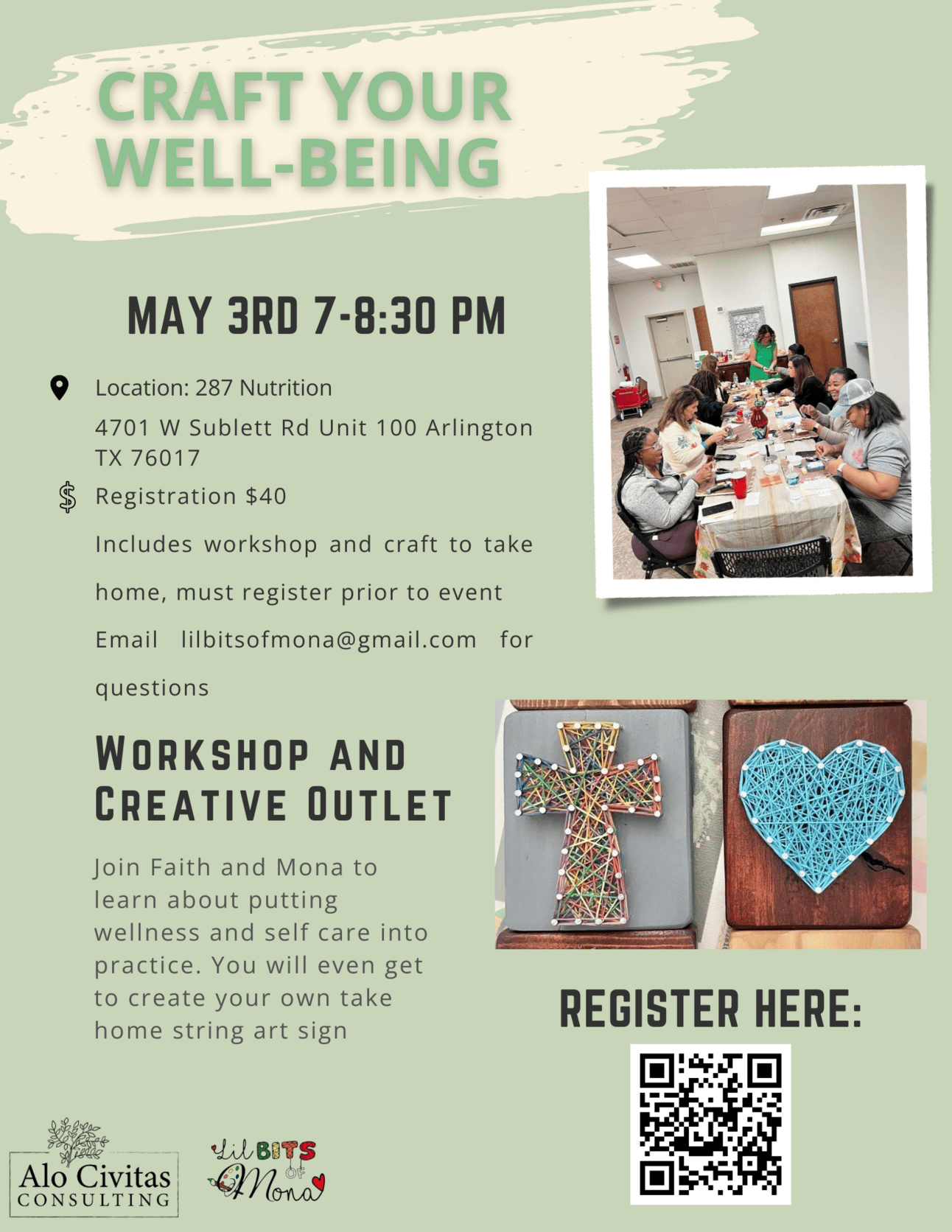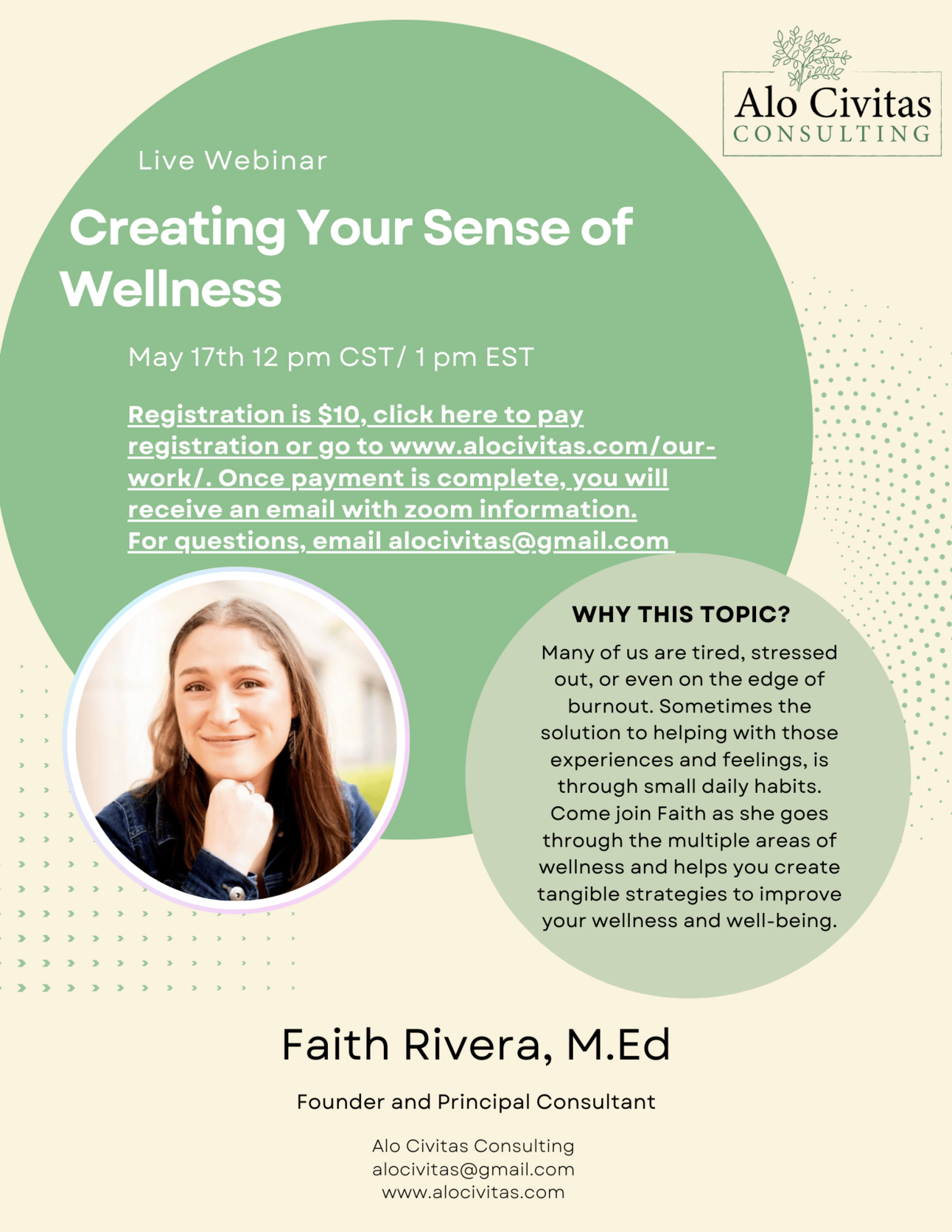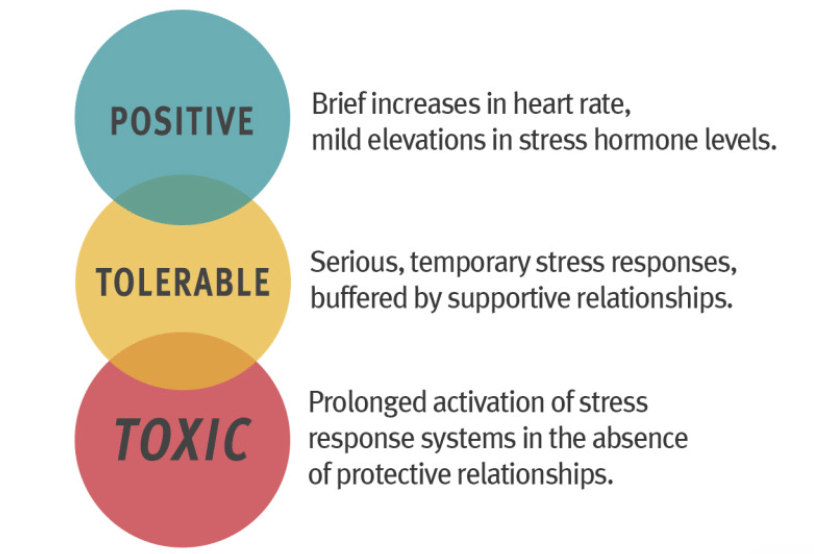- The Weekly Compass
- Posts
- Different Kinds of Stress, Are They All Bad?
Different Kinds of Stress, Are They All Bad?
Did you know that there are multiple types of stress and not all are bad?
Different Kinds of Stress, Are They All Bad?
When you think of stress, what instantly comes to mind? Probably something like the image below right?

Gif by newquest on Giphy
Yes, stress causes a biological and emotional response. However, not all stress is bad. Over the next few weeks, we are going to be diving into different topics around stress and emotional management. These skills begin in childhood and stay with us. We want children to build resilience through overcoming good situations of stress. Yes, there is good stress!
Different kinds of stress
Positive Stress- this is stress that is manageable because it is short term and/or there is support to the person experiencing this kind of stress. This could be for young children learning a new skill, going to a new child care center, or making a new friend. For older children, this could be studying for an exam and what they learn as a part of that, trying out for a sports team, or getting a part time job. As adults, positive stresses could be adjusting to a new job or even new baby, buying a house, or learning a new skill. The key things to keep in mind with positive stress is it is temporary, manageable, and you have support. We can be support systems to those around us experiencing stress by being positive and asking questions or areas we can potentially support (if we have capacity). This kind of stress is a normal part of life.
Tolerable Stress- This type of stress is longer lasting and sometimes more intense like losing a job or a loved one. However, what makes this type of stress tolerable is the active support of friends or family and that it is temporary, the trauma or stress of the situation will eventually be able to be resolved. Relationships and support help mitigate some of the damaging effects that long term stress can have on the brain and body.
Toxic Stress- This type of stress is long term, frequent, and/or happens without the context of a strong supportive familial or social relationship. This can include abuse, neglect, familial mental health issues, growing up in poverty, or other chronic forms of stress. This kind of long term exposure to stress response within our body actually changes the biological and physiological response. Our bodies are flooded with cortisol and other stress hormones, our bodies often begin having extreme inflammatory responses, and our brains/bodies can go into survival mode.
Can you identify which level of stress you are currently living with or have lived with? How do you mitigate the negative impacts of stress? Social support, healthy habits, and stress management are all great ways. For children, teach them healthy stress management strategies, be there as they are experiencing stress, and validate emotions that may come as a part of experiencing stress. It is also okay to ask for help. Isolation and holding everything ion, is one of the worst things we can do or teach our children to do.
Learning about managing stress and increasing well-being with Faith!
Over the next few weeks, I will be doing two different webinars/workshops going over stress management and increasing well-being. I would love to see you there for either or both! The first will be on May 3rd from 7-8:30 PM in Arlington where you can come learn about the multiple areas of wellness and even walk away with a handcrafted string art sign! Registration is $40 and includes all your supplies! Register at: https://form.jotform.com/240837722185157

Faith will also be presenting a separate webinar virtually May 17th at 12 PM CST/ 1 PM EST going over the different areas of wellness and have all attendees work through an activity to create tangible strategies to identify areas in your life that you can improve. Registration is $10 and you can register at www.alocivitas.com/our-work/

For questions on either learning opportunity, respond to this email! Hope to see you at one or both! Both opportunities will give you a chance to put learning into practice.
Next week we are going to dive into building resiliency. What does resiliency mean to you?
This newsletter was created through Beehiiv, to learn more about the platform and features go to https://www.beehiiv.com/?via=faith

